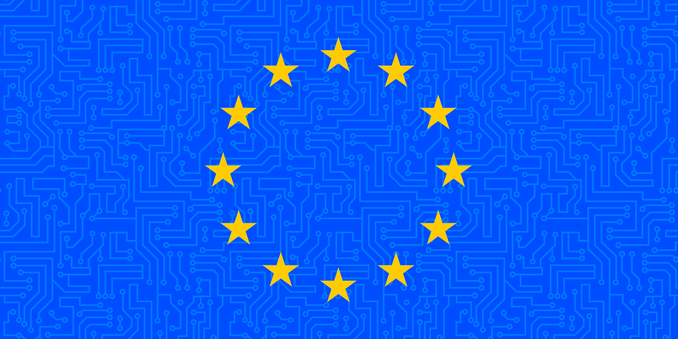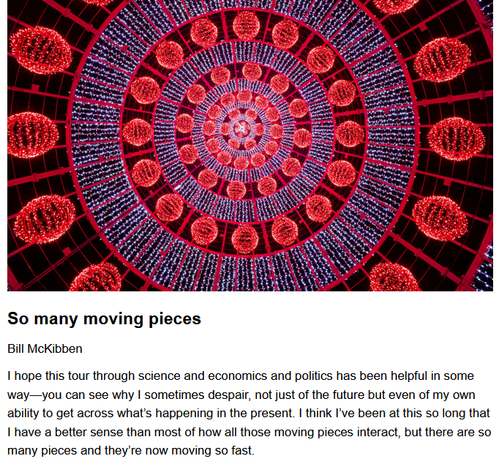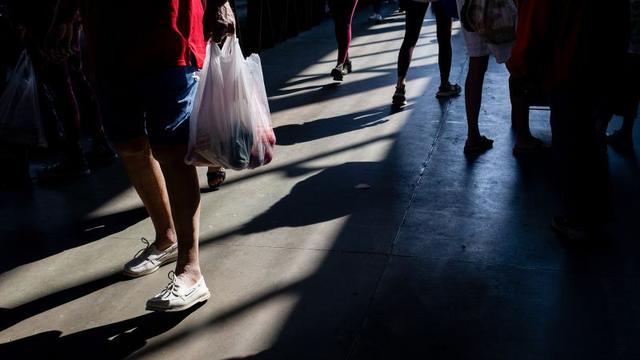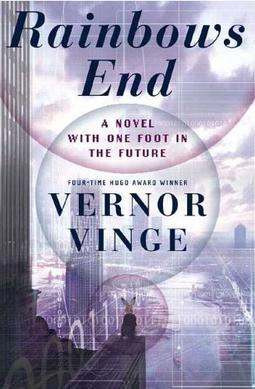Great! A bunch of us here wanted it. Now it exists. 👍
It's a "dark archive" of the arXiv - a non-public backup to save the data in case of attack by hackers or the US government. The arXiv, I hope you know, is the biggest source of modern math and physics papers.
Who got the job done? The TIB: the Technische Informationsbibliothek, run by the Leibniz Information Centre for Science and Technology, in Hannover, Germany.
They write:
"The TIB has now set up a so-called dark archive for the arXiv content in order to be able to make the backed-up data accessible if the data stored in the USA is lost. The archive functions as a silent reserve: the complete copy of the content is stored decentrally at the TIB, but is not publicly accessible. This means that the data stock – almost 10 terabytes – is protected against potential outages and can be activated in an emergency.
The TIB is currently working on processes to keep the archive up to date: new submissions and updated versions must be backed up regularly in order to preserve the state of research as completely as possible.
“Building a Dark Archive is an expression of our longstanding commitment for a reliable, international academic provision, and as a partner of arXiv. Even though the Dark Archive today only works in the background, it is a key element in safeguarding digital research contents in the long term, because in case of a crisis, we could open the archive,” explains Dr Irina Sens, Deputy Director of the TIB."
We should call it the darXiv.
More details here:
https://blog.tib.eu/2025/05/14/protecting-science-tib-builds-dark-archive-for-arxiv/









